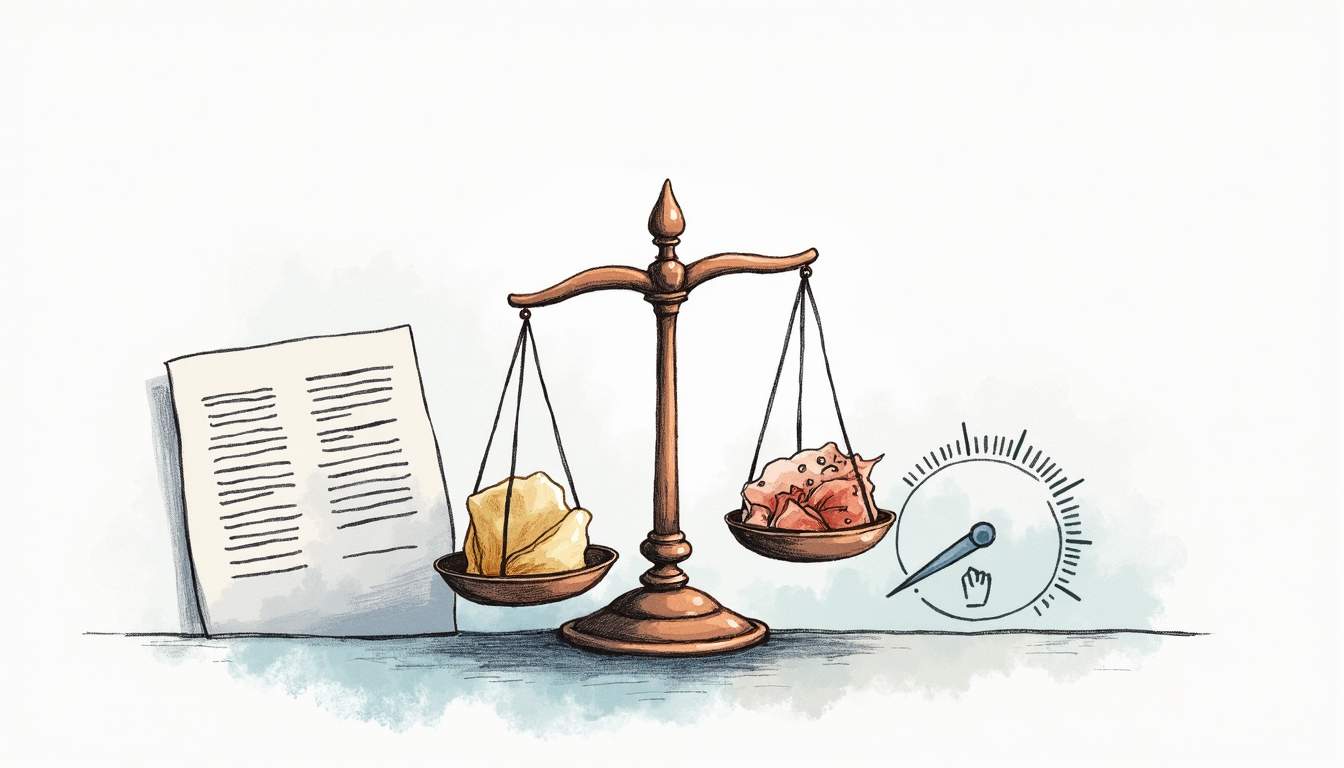Obtaining a business loan can be challenging, especially for entrepreneurs with a low credit score. However, understanding the landscape of financing options and knowing how to present your case can significantly improve your chances of securing the funds you need. This guide will walk you through the steps necessary to secure a business loan, even if your credit score isn’t ideal.
Understanding Credit Scores
Credit scores are numerical representations of an individual’s creditworthiness, typically ranging from 300 to 850. A low credit score can result from various factors, including late payments, high credit utilization, or a lack of credit history. For business owners, a low credit score can pose significant challenges when seeking financing. Understanding the intricacies of credit scores is essential not only for personal finance management but also for making informed decisions that can impact business growth and sustainability.
What Constitutes a Low Credit Score?
A credit score below 580 is generally considered low. Lenders often view borrowers with low scores as high-risk, which can lead to higher interest rates or even denial of loan applications. Understanding where your score stands is the first step in addressing the issue. Factors that contribute to a low score include payment history, the amount owed, length of credit history, types of credit used, and new credit inquiries. Each of these elements plays a crucial role in how credit scoring models evaluate an individual’s financial behavior and reliability.
Why Credit Scores Matter for Business Loans
Lenders use credit scores to gauge the risk of lending money. A low score can indicate a history of financial mismanagement, leading to concerns about repayment ability. However, some lenders specialize in working with borrowers who have low credit scores, providing opportunities for those who might otherwise be overlooked. Additionally, understanding the nuances of credit scores can empower business owners to take proactive steps to improve their scores, such as making timely payments, reducing debt, and diversifying credit types. This not only enhances their chances of securing loans but also opens doors to better terms and lower interest rates, which can significantly impact the overall cost of financing.
Moreover, credit scores are not static; they can change over time based on financial behaviors. Business owners should regularly monitor their credit reports for inaccuracies and dispute any errors they find. This vigilance can prevent unnecessary damage to their credit scores and ensure that they are presenting the best possible financial picture to potential lenders. In today’s competitive market, a solid credit score can be a critical asset, influencing not just loan approvals but also partnerships, supplier relationships, and even customer trust.
Exploring Financing Options
When it comes to securing a business loan with a low credit score, exploring various financing options is crucial. Different lenders have different criteria, and some may be more flexible than traditional banks. Understanding these options can empower business owners to make informed decisions that align with their financial needs and goals.
Alternative Lenders
Alternative lenders, such as online lenders and peer-to-peer lending platforms, often have more lenient credit requirements compared to banks. These lenders may focus on other factors, such as cash flow and business potential, rather than solely on credit scores. It’s essential to research and compare terms from multiple alternative lenders to find the best fit. Additionally, many alternative lenders provide a streamlined application process, allowing businesses to receive funds quickly, which can be a significant advantage for those in urgent need of capital.
Microloans
Microloans are small loans typically offered by non-profit organizations and community lenders. They are designed to help small businesses and startups that may not qualify for traditional financing. Microloans often have lower credit requirements and can be a great option for entrepreneurs with low credit scores. Furthermore, these loans often come with additional support services, such as business training and mentorship, which can help borrowers develop their business acumen and increase their chances of success.
Secured Loans
Secured loans require collateral, such as property or equipment, which can make them more accessible to those with low credit scores. The collateral reduces the lender’s risk, making them more willing to approve the loan. However, it’s important to understand the risks involved, as failing to repay the loan can result in losing the collateral. Additionally, borrowers should carefully evaluate the value of the collateral they are offering and ensure that it is worth the amount they are borrowing, as this can impact their financial stability in the long run. Exploring various secured loan options can also reveal different interest rates and repayment terms, allowing borrowers to choose a plan that best suits their financial situation.
Improving Your Chances of Approval
While having a low credit score may feel like a significant barrier, there are steps that can be taken to improve the likelihood of loan approval. By preparing effectively, business owners can present a compelling case to lenders.
Prepare a Solid Business Plan
A well-structured business plan is essential when applying for a loan. It should include detailed information about your business model, target market, revenue projections, and how the loan will be used. A strong business plan demonstrates to lenders that you have a clear strategy for success, which can help offset concerns about your credit score.
Showcase Cash Flow
Demonstrating healthy cash flow can significantly bolster your loan application. Lenders want to see that your business generates enough revenue to cover loan repayments. Providing financial statements, tax returns, and bank statements can help illustrate your business’s financial health.
Consider a Co-Signer
Having a co-signer with a strong credit history can improve your chances of securing a loan. A co-signer agrees to take responsibility for the loan if you default, which reduces the lender’s risk. However, it’s crucial to choose someone who understands the implications of co-signing and is willing to take on that responsibility.
Understanding Loan Terms and Conditions
Once you identify potential lenders and prepare your application, it’s important to understand the terms and conditions associated with the loan. This knowledge will help you make informed decisions and avoid pitfalls.

Interest Rates
Interest rates can vary significantly based on the lender and the borrower’s creditworthiness. For those with low credit scores, interest rates may be higher to compensate for the increased risk. It’s essential to compare rates from multiple lenders and understand how they will impact your overall repayment amount.
Loan Duration
The duration of the loan can affect monthly payments and total interest paid. Shorter loan terms typically mean higher monthly payments but less interest paid over the life of the loan. Conversely, longer terms may offer lower monthly payments but can result in paying more interest overall. Consider your business’s cash flow when selecting the loan duration.
Fees and Penalties
Many loans come with associated fees, such as origination fees, late payment penalties, or prepayment penalties. Understanding these fees is crucial, as they can add to the overall cost of the loan. Always read the fine print and ask lenders about any fees that may apply.
Applying for the Loan
With preparation complete, the next step is to apply for the loan. This process can vary depending on the lender, but there are common steps to follow to ensure a smooth application.

Gather Necessary Documentation
Before applying, gather all necessary documentation. This may include your business plan, financial statements, tax returns, and personal identification. Having everything organized will streamline the application process and demonstrate professionalism to the lender.
Fill Out the Application Accurately
When completing the loan application, ensure that all information is accurate and complete. Inconsistencies or errors can raise red flags for lenders and may result in a denial. Take your time to review the application before submission.
Be Prepared for Questions
After submitting your application, be prepared for follow-up questions from the lender. They may seek clarification on certain aspects of your business or financial situation. Responding promptly and transparently can help build trust and improve your chances of approval.
Post-Approval Considerations
Once approved for a loan, the focus shifts to managing the funds responsibly and ensuring timely repayments. This stage is crucial for maintaining a positive relationship with the lender and protecting your credit score.
Use Funds Wisely
It’s vital to use the loan funds for their intended purpose, as outlined in your business plan. Whether it’s for inventory, equipment, or marketing, ensuring that the funds contribute to business growth can help justify the loan and improve future financing opportunities.
Establish a Repayment Plan
Creating a repayment plan can help manage cash flow and ensure that loan payments are made on time. Consider setting up automatic payments to avoid missed deadlines. Staying on top of repayments will help rebuild your credit score over time.
Monitor Your Credit Score
After securing the loan, it’s important to monitor your credit score regularly. Keeping track of your credit can help identify areas for improvement and ensure that your financial practices are positively impacting your score. Many free resources are available to help individuals track their credit progress.
Conclusion
Securing a business loan with a low credit score may seem daunting, but it is possible with the right approach. By understanding credit scores, exploring diverse financing options, preparing thoroughly, and managing funds responsibly, entrepreneurs can overcome the challenges posed by low credit. The journey may require patience and persistence, but with determination and the right strategies, success is achievable.

Take the Next Step with BoomerBiz Loans
Ready to turn the page and start a new chapter in your entrepreneurial journey? At BoomerBiz Loans, we specialize in helping business owners like you, particularly those in the baby boomer generation, to secure the financing you need with ease. Our tailored loan solutions offer low-interest rates, flexible terms, and a swift application process that delivers approvals within 24–48 hours. Whether you’re a first-time buyer or a seasoned business owner, we’re here to support your ambitions with loans up to $10M. Don’t let a low credit score hold you back. Start Your Loan Application now and unlock the potential of your business with the BoomerBiz advantage.
